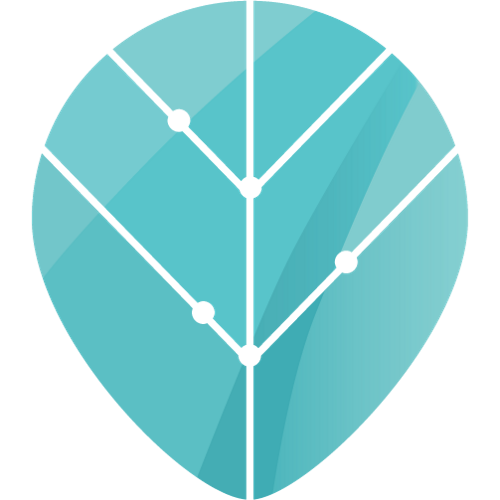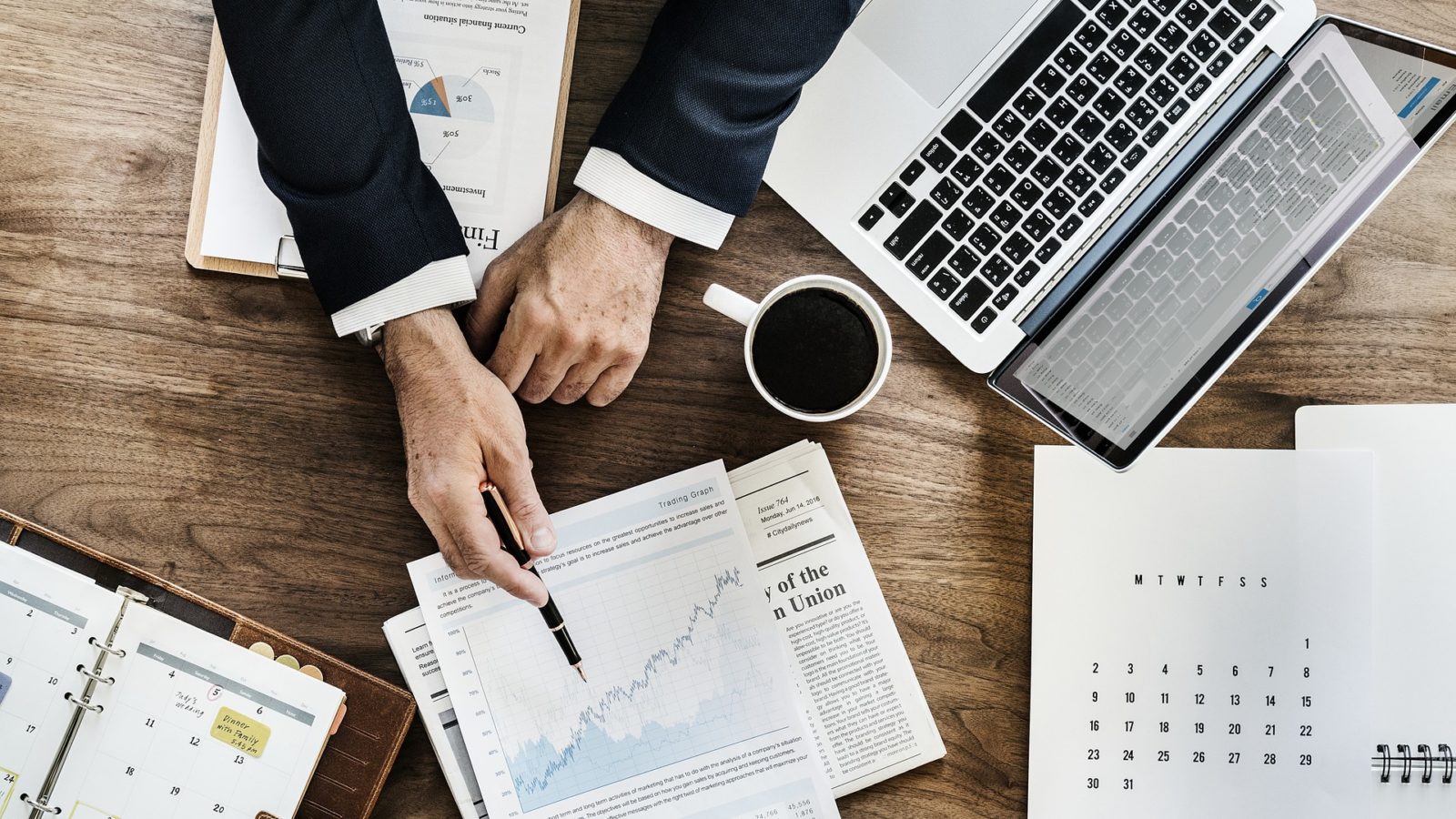“The start-up world has a dark side,” reporters Shalini Ramachandran and Rolfe Winkler assert in a new piece in The Austrailian. “Under the veneer of fancy parties and multibillion-dollar valuations, many founders and early-start-up executives are striving to build pioneering businesses while wrestling with issues like anxiety, drug addiction, insomnia, depression, and binge eating.” And society actually celebrates these habits: “Entrepreneurs are bombarded by what some call ‘hustle porn,’” they add — “the notion that working non-stop is a badge of honor.”
There’s mounting science on the human toll of start-up stress. Studies have shown that entrepreneurs and founders are more likely to have chronic mental health conditions, and we’ve seen countless examples of the exhaustive price some of the most successful founders have paid for success. In a Wired exposé of Tesla founder Elon Musk published last year, reporters revealed the long hours and toxic inner workings of Musk’s combative leadership style — a clear picture of what running on empty really looks like. (When called out over concerns, he responded that his dangerous work ethic is “not an option.”)
The piece in The Australian delves into several additional examples of founders who have chased success at the price of emotional and mental exhaustion, physical illness, and worse. “I cared so deeply about making a difference that I was willing to push myself past my limit,” the founder of a food service start-up said of her adult-onset ADHD, which she was diagnosed with a few years into her business. “I remember crying alone in my bed,” recalled an entrepreneur who left a job at Google to start a cannabis company. Even the former CEO of Twitter, Dick Costolo, opened up about the mental health challenges he faced early on. “I was constantly obsessing” he told Ramachandran and Winkler. “You wake up at 3 a.m. in the morning and say, ‘What am I going to do about this?’”
“If you talk with anyone, they say they are killing it,” one Silicon Valley executive coach tells the outlet, when “inside they are dying.”
By continuing to celebrate the damaging ethos of hustle culture, we only increase the risk of destroying our mental well-being, our physical health, our relationships — and yes, our chances of success. Encouragingly, there’s a backlash brewing against this toxic mindset, which science tells us is neither sustainable, nor fulfilling.
At the end of the day, no level of success is worth the cost of burnout. We need to listen to the research about what makes humans productive and successful and start changing the way we work and live. This starts with learning to relentlessly prioritize, taking the time to unplug and recharge, and setting clear boundaries in our lives and our workplaces.
Want to share your story of how you thrive? Write to us at [email protected]


